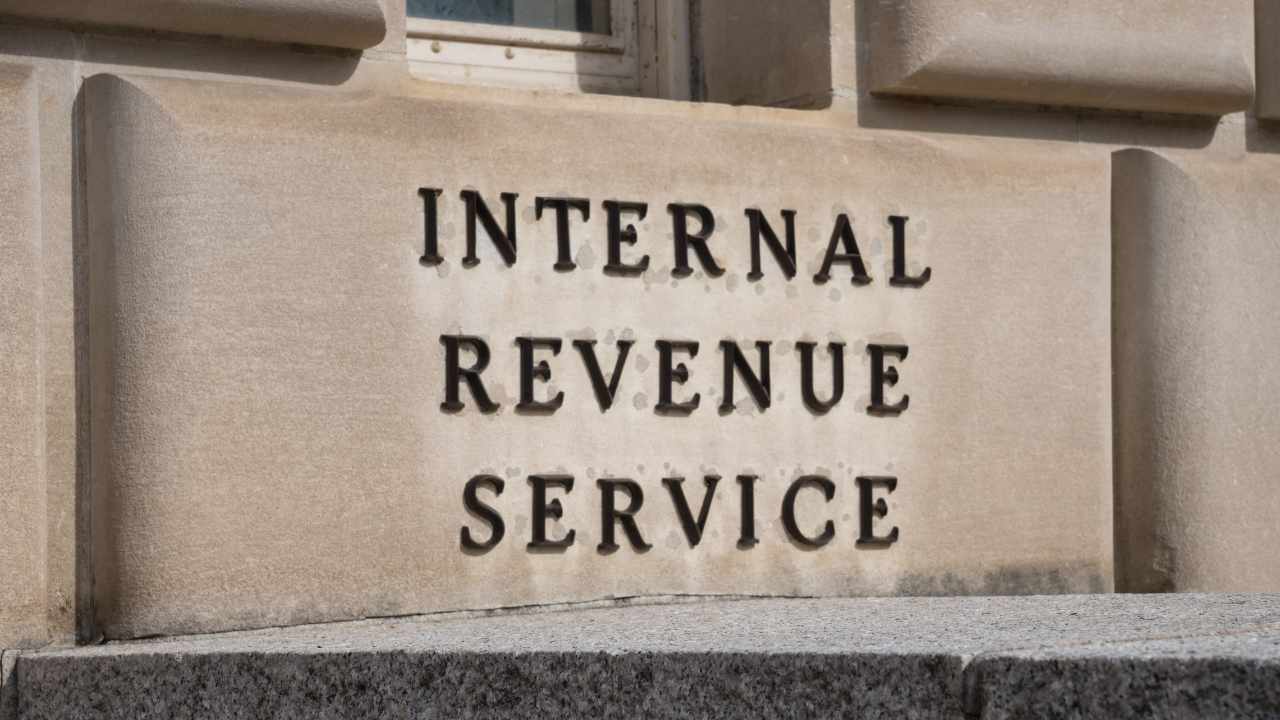Bitcoin’s Latest Casualty: Miner Reserves Plunge to 3-Year Low, What’s Next For BTC?
Amid Bitcoin (BTC) continuous struggle for a major rally to new heights, miners powering the Bitcoin network are experiencing significant economic shifts. Particularly, recent data shows a stark reduction in Bitcoin reserves held by miners, signaling potential shifts in market stance or miner strategies. Related Reading: $0 Flows: BlackRock Unshaken Despite Recent Bitcoin Market Crash, Data Shows Bitcoin Miner Reserves: A Plunge To 3-Year Low Following the latest Bitcoin Halving—an event that reduced the block rewards miners earn for their computational efforts—which occurred back in April, the total Bitcoin reserves held by miners have plunged to a three-year low. The data shown by Kaiko revealed that as of August 3, BTC miner reserves witnessed a notable plunge to roughly 1,510,300 BTC, marking a 2.4% decrease from the peak earlier in December 2020. This reduction translates to an estimated value of $86 billion, accounting for about 8% of all BTC currently in circulation. In its latest report citing Kiako, Bloomberg attributes this decline in the miner’s reserves to the increased sell-offs from the miners ahead of the recent halving. These sales have been primarily driven by the need to cover operational costs amidst reduced income from block rewards. The report read: The main source of revenue for crypto-mining companies such as CleanSpark Inc. and Riot Platforms Inc. was dramatically reduced by the halving. The preprogrammed update slashed rewards the firms get from validating blockchain data, which is referred to as mining. Although it is worth noting that the network fees on the Bitcoin network saw a spike immediately after the halving, providing temporary relief, this was short-lived as it was quick to adjust back to lower levels, with average fees now at $1.2 as of today, down significantly from more than $120 seen in April post-halving. There’s A Glitch Interestingly, despite the market-wide trend of reduced reserves or holdings from these miners, some public mining companies appear to be bucking this trend, with their Bitcoin reserves increasing significantly. Bloomberg, citing reports from the US Securities and Exchange Commission, noted: [P]ublic mining companies have actually increased their holdings of Bitcoin by 60% to 54,000 tokens since January 2023. […] Marathon Digital Holdings Inc. recently reported that it bought $100 million worth of Bitcoin. This accumulation, considered strategic given the current market condition, may suggest a bullish outlook from certain mining industry sectors despite the broader sell-off. However, the financial health of these mining companies appears to be somehow varied. Related Reading: Analyst Predicts Bitcoin Could Plunge Back To $51,000 On Wedge Pattern Breakdown According to Bloomberg, Core Scientific Inc. had already recently reported a substantial loss of about $804 million for Q2 of this year, which can be due to a “write-down” of the value of its Bitcoin holdings to reflect the current market prices. Featured image created with DALL-E, Chart from TradingView

Amid Bitcoin (BTC) continuous struggle for a major rally to new heights, miners powering the Bitcoin network are experiencing significant economic shifts.
Particularly, recent data shows a stark reduction in Bitcoin reserves held by miners, signaling potential shifts in market stance or miner strategies.
Bitcoin Miner Reserves: A Plunge To 3-Year Low
Following the latest Bitcoin Halving—an event that reduced the block rewards miners earn for their computational efforts—which occurred back in April, the total Bitcoin reserves held by miners have plunged to a three-year low.

The data shown by Kaiko revealed that as of August 3, BTC miner reserves witnessed a notable plunge to roughly 1,510,300 BTC, marking a 2.4% decrease from the peak earlier in December 2020.
This reduction translates to an estimated value of $86 billion, accounting for about 8% of all BTC currently in circulation.
In its latest report citing Kiako, Bloomberg attributes this decline in the miner’s reserves to the increased sell-offs from the miners ahead of the recent halving. These sales have been primarily driven by the need to cover operational costs amidst reduced income from block rewards.
The report read:
The main source of revenue for crypto-mining companies such as CleanSpark Inc. and Riot Platforms Inc. was dramatically reduced by the halving. The preprogrammed update slashed rewards the firms get from validating blockchain data, which is referred to as mining.
Although it is worth noting that the network fees on the Bitcoin network saw a spike immediately after the halving, providing temporary relief, this was short-lived as it was quick to adjust back to lower levels, with average fees now at $1.2 as of today, down significantly from more than $120 seen in April post-halving.
There’s A Glitch
Interestingly, despite the market-wide trend of reduced reserves or holdings from these miners, some public mining companies appear to be bucking this trend, with their Bitcoin reserves increasing significantly.
Bloomberg, citing reports from the US Securities and Exchange Commission, noted:
[P]ublic mining companies have actually increased their holdings of Bitcoin by 60% to 54,000 tokens since January 2023. […] Marathon Digital Holdings Inc. recently reported that it bought $100 million worth of Bitcoin.
This accumulation, considered strategic given the current market condition, may suggest a bullish outlook from certain mining industry sectors despite the broader sell-off. However, the financial health of these mining companies appears to be somehow varied.
According to Bloomberg, Core Scientific Inc. had already recently reported a substantial loss of about $804 million for Q2 of this year, which can be due to a “write-down” of the value of its Bitcoin holdings to reflect the current market prices.
Featured image created with DALL-E, Chart from TradingView
What's Your Reaction?




















